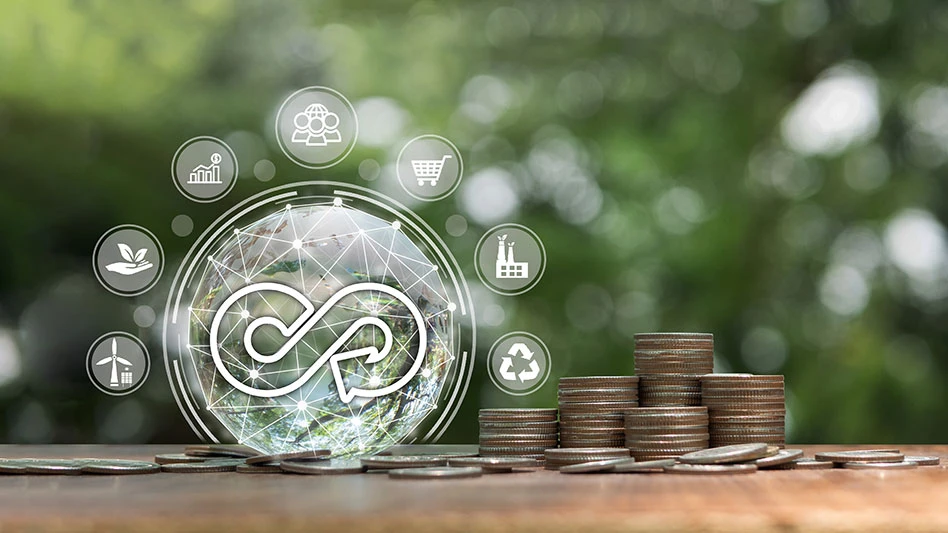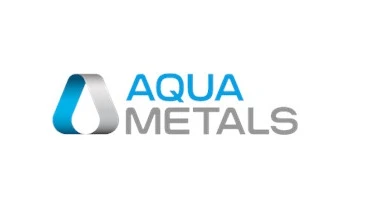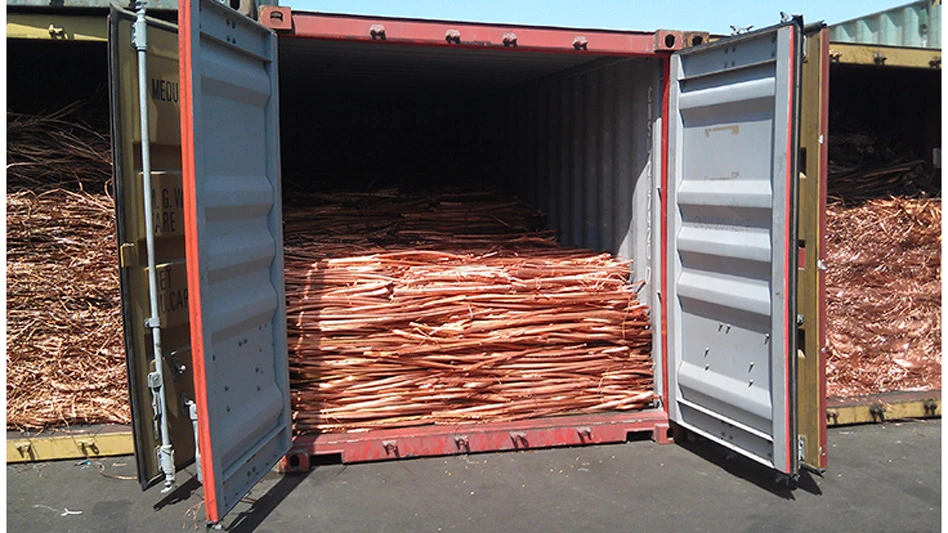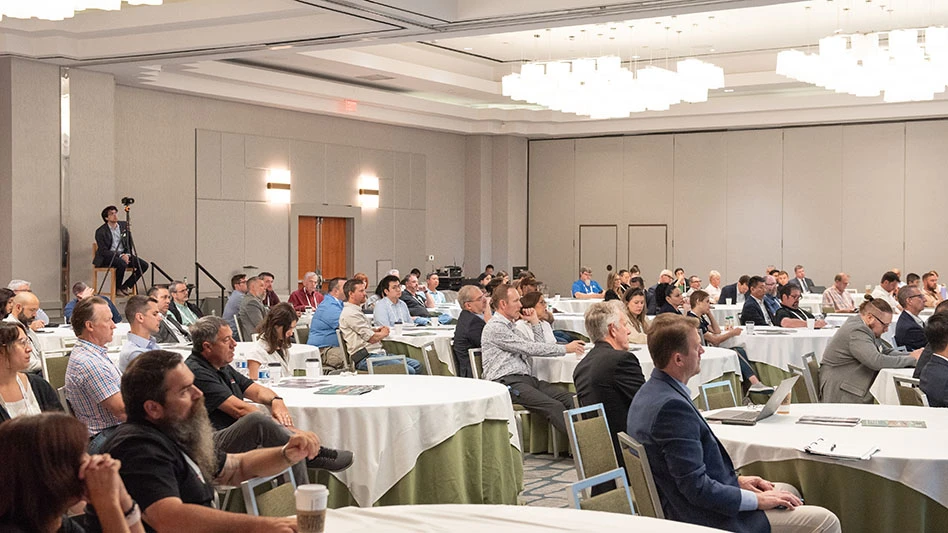
ZETHA_WORK | stock.adobe.com
Lithium-ion battery (LIB) recycler Aqua Metals, Reno, Nevada, says it has successfully completed bench-scale testing and engineering analysis for a novel process to recycle lithium iron phosphate (LFP) battery materials.
The company notes that LFP batteries rapidly are becoming the “dominant chemistry” for electric vehicles (EVs) and stationary storage due to their lower cost and safety advantages. However, Aqua Metals says the batteries’ widespread adoption presents a significant recycling challenge, as iron-based cathodes with no nickel or cobalt have lower market value, and global lithium prices remain “suppressed.”
RELATED: Aqua Metals issues 2024 progress report
Aqua Metals says that while most domestic recyclers continue to focus on higher-value chemistries, it is “stepping ahead of the curve” with an approach to recovering lithium from LFP black mass and addressing an underserved segment of the U.S. battery supply chain.
“We believe this is an important step in our strategy to develop the most adaptable and scalable lithium battery recycling platform in the industry,” Aqua Metals President and CEO Steve Cotton says. “Our ability to integrate LFP recovery into our existing plans demonstrates how we can evolve with market needs while maintaining a focus on efficiency, sustainability and long-term impact.”
The company says its engineering and technoeconomic analysis shows the LFP recycling process can be integrated into its planned Sierra Arc facility and/or any Arc facility with an incremental capital expense of 25-30 percent and without the need to expand the facility’s proposed physical footprint. The Sierra Arc currently is designed to process approximately 7,500 tons per year of nickel-manganese-cobalt- (NMC-) type black mass, but the addition of LFP capabilities could allow the campus to process another 7,500 tons of LFP feedstock annually—potentially doubling its total feedstock throughput and doubling total lithium carbonate output to approximately 2,700 tons per year.
Upon commissioning, Aqua Metals says the commercial-scale operation would increase the total current U.S. lithium production by more than 50 percent annually and make the company one of the largest producers of domestic, battery-grade lithium carbonate.
“Recycling LFP batteries has posed a major technical hurdle for the industry due to its unique chemistry and limited market value,” Aqua Metals Chief Engineering and Operating Officer Ben Taecker says. “This milestone demonstrates how adaptable our technology platform is, and positions Aqua Metals at the forefront of building the next generation of clean, scalable recycling solutions for the evolving battery landscape in North America.”
Get curated news on YOUR industry.
Enter your email to receive our newsletters.
Latest from Recycling Today
- USTR announces phased measures designed to address China’s shipbuilding dominance
- APR, RecyClass release partnership progress report
- Clearpoint Recycling, Enviroo sign PET supply contract
- Invista expanding ISCC Plus certification program
- Redwood partnership targets recycling of medium-format batteries
- Enfinite forms Hazardous & Specialty Waste Management Council
- Combined DRS, EPR legislation introduced in Rhode Island
- Eureka Recycling starts up newly upgraded MRF






